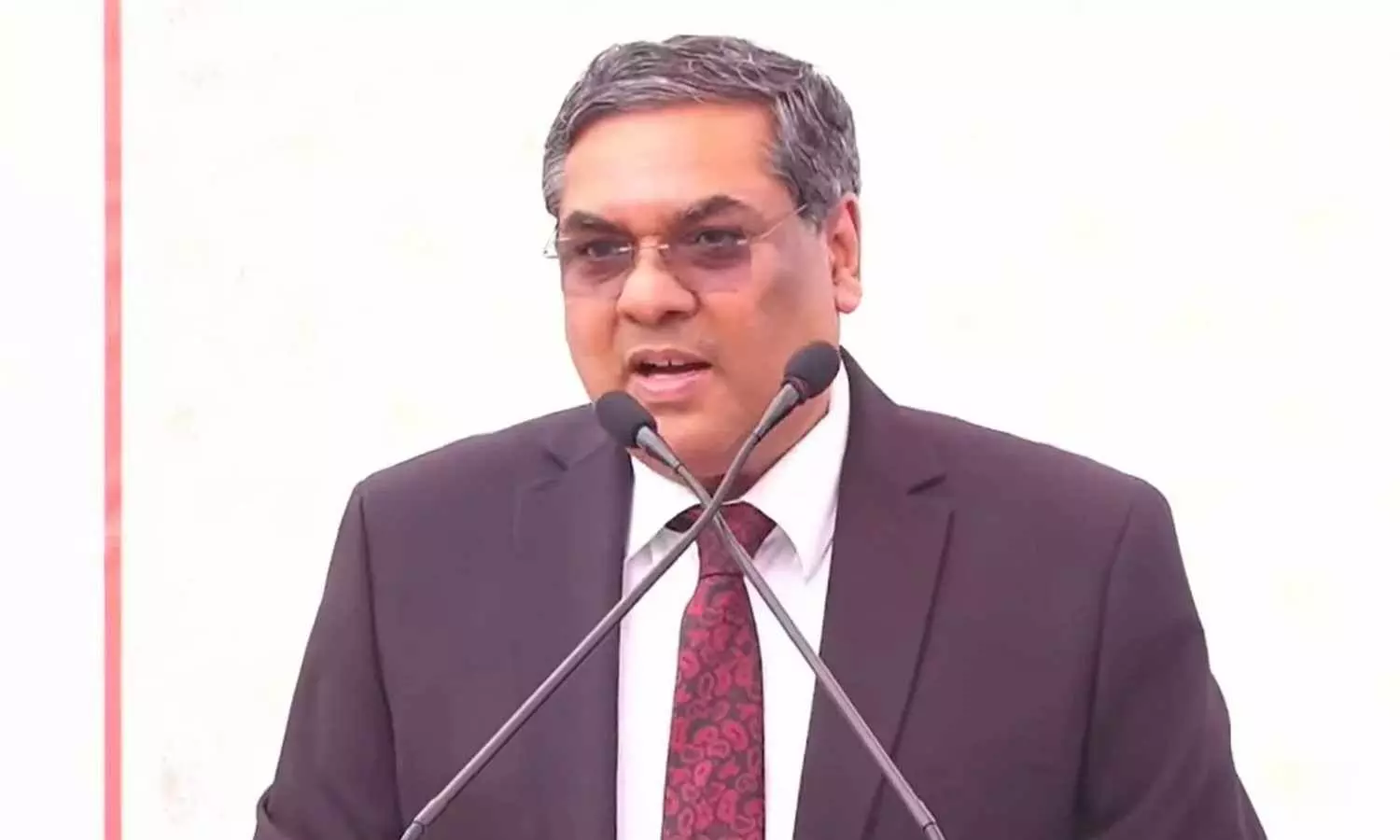CJI Sanjiv Khanna Voices 'Genuine Concern' Over Waqf by User Concept, Cites Delhi High Court Input
CJI Sanjiv Khanna questions 'waqf by user' concept during Supreme Court hearing on Waqf (Amendment) Act, 2025 challenges.
CJI Sanjiv Khanna Voices 'Genuine Concern' Over Waqf by User Concept, Cites Delhi High Court Input

Chief Justice of India (CJI) Sanjiv Khanna on Wednesday expressed serious doubts about the notion of Waqf by user. According to him, the building of the Delhi High Court was at the earliest stage referred to as being on waqf land.
His remarks were made during hearing a series of petitions against the Waqf (Amendment) Act, 2025. "The construction of the Delhi HC, as reported to us, is upon waqf land. We do not allege that every submission on waqf by a user is untrue, but there stands real anxiety," CJI Khanna stated.
In addition, he added that a single high court can be directed to handle the pleas against the Act. Counsel Abhishek Manu Singhvi stated that matter was not the stuff for a High Court reference under Article 32.
Singhvi emphasized the necessity of the Supreme Court to give a ruling in this regard by asking for a stay on specific provisions. Adding to this, the Supreme Court bench replied that this would be taken into account at a future point in time.
The CJI also inquired of senior lawyer Kapil Sibal as to why laws for Muslims can't be legislated by Parliament.
Reading out the provisions of the act challenged, Sibal asked, "Who is the state to instruct us how inheritance is going to be in my religion?" Of the 'contentious' provisions was 3(r), addition to Section 3 which is that current waqf by user will stand as waqf except on government property or where there's a dispute.
Khanna CJI, added that in its application to all, Article 26 of the Constitution is secular and universal.
"But it does happen in Hindus. So, Parliament has legislated a law for Muslims. Maybe not like the Hindus. Article 26 won't prevent law-making in this situation. The CJI held that Article 26 is general in character and it was secular in its scope wherein it binds everyone equally without discrimination.

